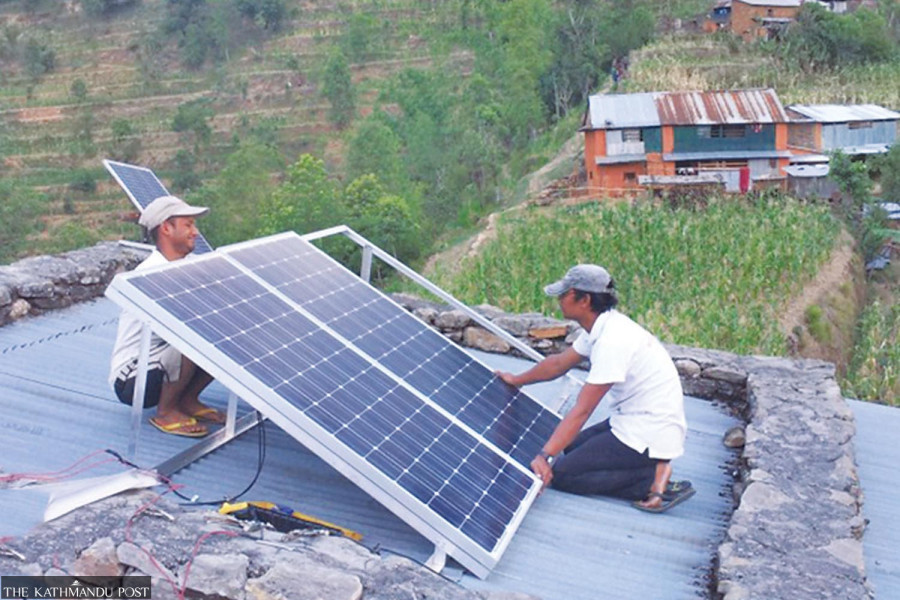Money
Tax breaks offered to IT, startups, and green energy
Budget 2025–26 introduces sweeping tax incentives for tech exports, startups, and green hydrogen firms, while raising duties on alcohol, tobacco, and luxury goods.
Krishana Prasain
The government, through the newly announced budget, has extended several tax incentives to promote the information and technology sector, green energy, digital payments, and domestic industries.
One key highlight is the income tax and electricity charge waiver—similar to those granted to special industries—for businesses, hotels, and resorts operating in the information and technology sector.
The government has offered a 75 percent income tax waiver on revenue earned through the export of IT services. Additionally, individuals or companies exporting IT services to foreign countries while operating from Nepal will be subject to only a 5 percent income tax.
Start-up enterprises with an annual turnover of Rs100 million will enjoy a complete income tax exemption for their first five years.
To promote green energy, the government has exempted all taxes on machinery required for green hydrogen production. Green hydrogen producers will also receive a five-year income tax holiday.
The government has scrapped the Value Added Tax (VAT) on digital services related to residential property management to encourage the adoption of digital payments. This includes services such as online platforms for paying maintenance fees, managing utilities, reporting issues, or accessing shared resources in housing communities.
Further, the government has broadened the scope of digital tax services to bring all digital transactions under the tax net.
To support agriculture and ease food prices, the government has removed the advance income tax at customs points on importing cereals, pulses, fruits, vegetable ghee, livestock, and dairy products.
However, taxes on electric vehicles (EVs) remain unchanged. The government said the decision supports the long-term policy of promoting EVs to curb environmental pollution and increase domestic electricity consumption.
The budget has raised customs duties on the import of alcohol, beer, tobacco, and cigarettes. It also includes slight increases in excise duties and expands the coverage of the health risk tax.
Under the new finance bill for the fiscal year 2025–26, a 2 percent luxury tax will be applied to all sales of gold jewellery. Previously, this tax applied only to gold jewellery transactions exceeding Rs1 million.
The retail tax on dog and cat food has been raised from 10 percent to 20 percent. Similarly, excise duty on cement has been increased by 5 percent per bag.
In a relief measure for manufacturers and consumers, the customs duty on sugar has been halved to 15 percent from the previous 30 percent.
Conversely, the budget imposes significantly higher duties on imported alcoholic beverages. The customs duty on imported alcohol has been set at 80 percent. Beer with an alcohol content of 5 percent will also face an 80 percent duty. Wine with an alcohol content between 12 and 17 percent is subject to the same rate.
Whisky with an alcohol volume between 15 and 48 percent, along with brandy, gin, and vodka, will now be subject to a 100 percent customs duty.
Additionally, the budget removes the advance tax, previously ranging from 1.5 to 2.5 percent, on the import of staple food items such as paddy, rice, lentils, and legumes.
The finance bill also increases excise duties on cigarettes. Filtered cigarettes will see a 5 percent tax hike, while non-filtered varieties will face a 3 percent increase.




 10.12°C Kathmandu
10.12°C Kathmandu














